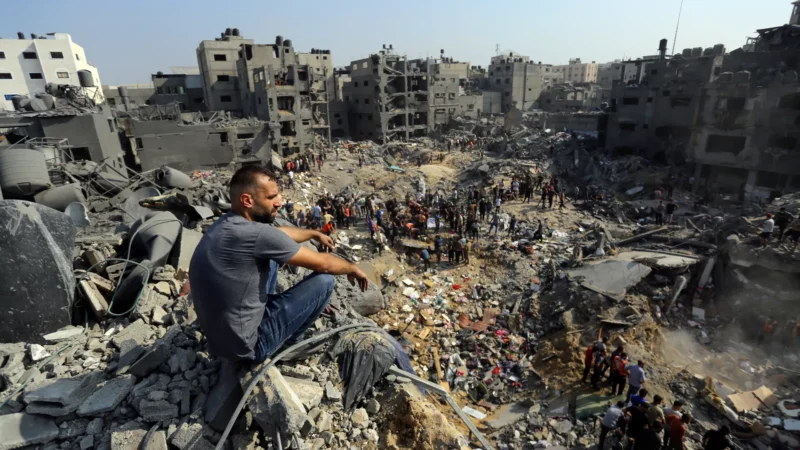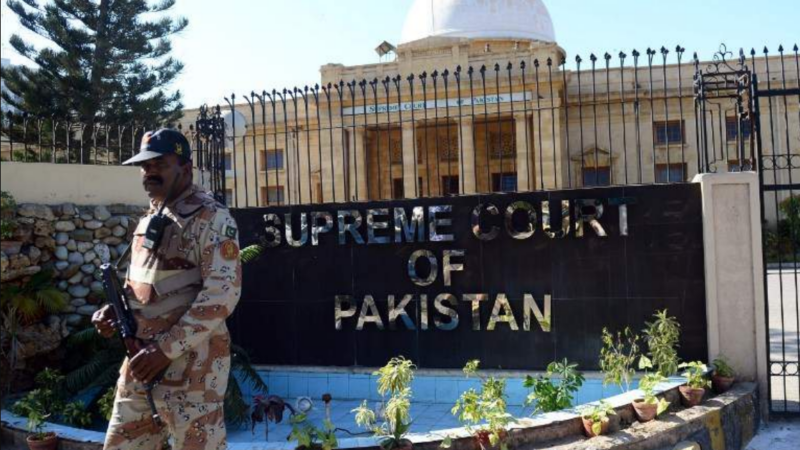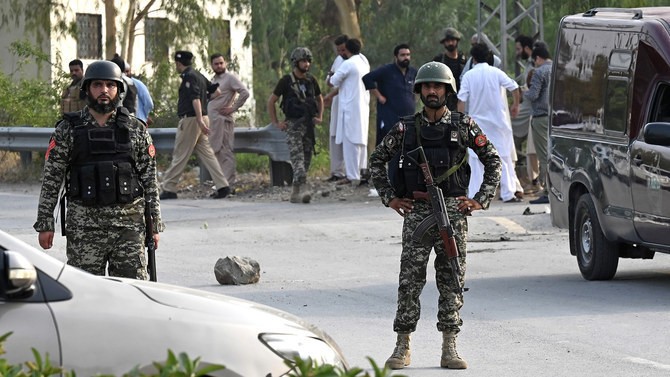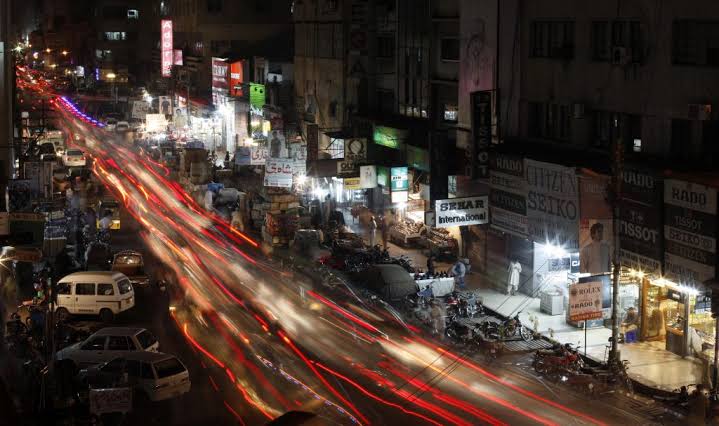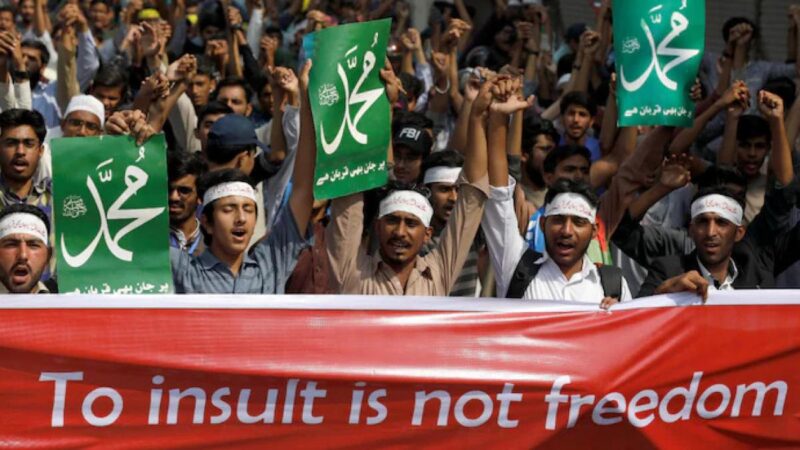Most UK troops have left Afghanistan: PM Johnson

As the prime minister announces withdrawal, senior British military official warns that country may descend to civil war.
Prime Minister Boris Johnson has confirmed that most British troops have left Afghanistan, almost 20 years after the UK and other Western countries sent troops into the country to engage in what they described as a “war on terror”.
Johnson stressed on Thursday that the threat posed by al-Qaeda to the UK has substantially diminished, but he sidestepped questions about whether the hasty military exodus by his country and its NATO allies risks undoing the work of nearly two decades or leaves Afghanistan vulnerable to the Taliban, which has made rapid advances in many northern districts.
The prime minister declined to give details about the troop withdrawal, citing security reasons.
But he said that “all British troops assigned to NATO’s mission in Afghanistan are now returning home,” adding that “most of our personnel have already left.”
“We must be realistic about our ability alone to influence the course of events. It will take combined efforts of many nations, including Afghanistan’s neighbours, to help the Afghan people to build their future,” Johnson said.
“But the threat that brought us to Afghanistan in the first place has been greatly diminished by the valour and by the sacrifice of the armed forces of Britain and many other countries.”
He said that Britain remains committed to helping achieve a peace settlement in Afghanistan through diplomacy.
“We are not walking away. We are keeping our embassy in Kabul, and we will continue to work with our friends and allies, particularly our friends in Pakistan, to work towards a settlement,” Johnson said.
A total of 457 British service members died in Afghanistan during the UK’s deployment, a much higher death rate compared with the UK involvement in Iraq.
Britain’s last combat troops left Afghanistan in October 2014, though about 700 remained in Afghanistan as part of a NATO mission to train Afghan forces.
Britain’s Defence Ministry has said the withdrawal of the last troops would be “complete within a few months”.
As Johnson announced the withdrawal, the head of Britain’s armed forces warned there is the possibility that Afghanistan could be on a path to civil war as American and other foreign troops leave.
In comments made after Johnson’s announcement, Nick Carter, chief of the defence staff said it was “plausible” that the country’s state would collapse without international forces there.
Afghanistan could see a situation like the country’s 1990s civil war “where you would see a culture of warlordism and you might see some of the important institutions like security forces fracturing along ethnic, or for that matter, tribal lines,” Carter said.
“If that were to happen, I guess the Taliban would control part of the country. But, of course, they would not control all of the country.”
The US military announced Tuesday that 90 percent of American troops and equipment had already left the country, with the drawdown set to finish by late August.
Last week, US officials vacated the country’s biggest airfield, Bagram Air Base, the epicentre of the war to remove the Taliban and hunt down the al-Qaeda perpetrators of the 9/11 attacks on the US.
Most European troops have also quietly pulled out in recent weeks.
Ben Wallace, UK defence secretary, has said the UK had been put in a “very difficult position” to continue the mission once the US announced its decision to leave.

